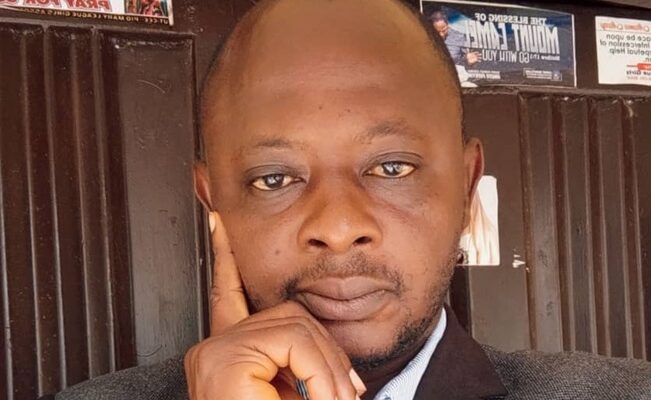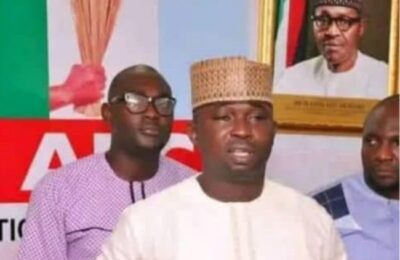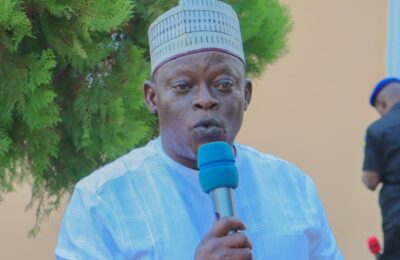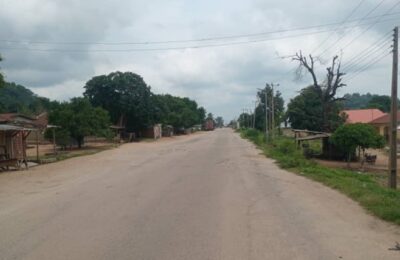Nigeria bleeds not only from the barrel of guns but also from the pens of its leaders. Beneath their polished suits and rehearsed speeches lies a darker tendency—the mindset of financial terrorism. They may not wield bombs, yet their reckless plunder of public wealth detonates silently, destroying futures, families, and the fragile fabric of the state. In the words of John Adams, “Liberty cannot be preserved without a general knowledge among the people, who have a right to know.” Nigerians, denied both knowledge and accountability, live under economic siege.
Budgets are announced with grandeur but executed with fraud. Loans are collected not to build roads or schools but to fatten offshore accounts. Every subsidy removed without safety nets, every contract inflated beyond reason, is an act of economic warfare. When leaders deliberately impoverish their people, they weaponize poverty, turning hunger into chains and debt into shackles. Edmund Burke’s warning echoes: “The greater the power, the more dangerous the abuse.”
This financial terrorism wears the mask of policy. It hides in foreign reserves that evaporate without trace, in phantom projects that never exist, in palliatives that never reach the poor. Unlike the bandit who robs with guns, the political robber robs with signatures. The effect is the same—families displaced, dreams shattered, and destinies aborted. What is worse, the thief in office is celebrated with titles and motorcades.
The danger lies not only in theft but in normalization. A new generation grows up watching leaders loot without consequence, learning that impunity is the true national curriculum. When theft becomes tradition, governance mutates into organized banditry. As Plato once said, “The heaviest penalty for declining to rule is to be ruled by someone inferior.” Nigeria’s inferior rulers are proof that the nation is under occupation by financial predators.
Nigeria’s salvation depends on calling this menace by its name: financial terrorism. Until looting is treated with the same outrage as armed attacks, and until leaders who plunder are judged as harshly as insurgents, the cycle will persist. A nation can survive bombs and bullets, but no country survives when its leaders themselves are the terrorists.
– Inah Boniface Ocholi writes from Ayah – Igalamela/Odolu LGA, Kogi state.
08152094428 (SMS Only)




